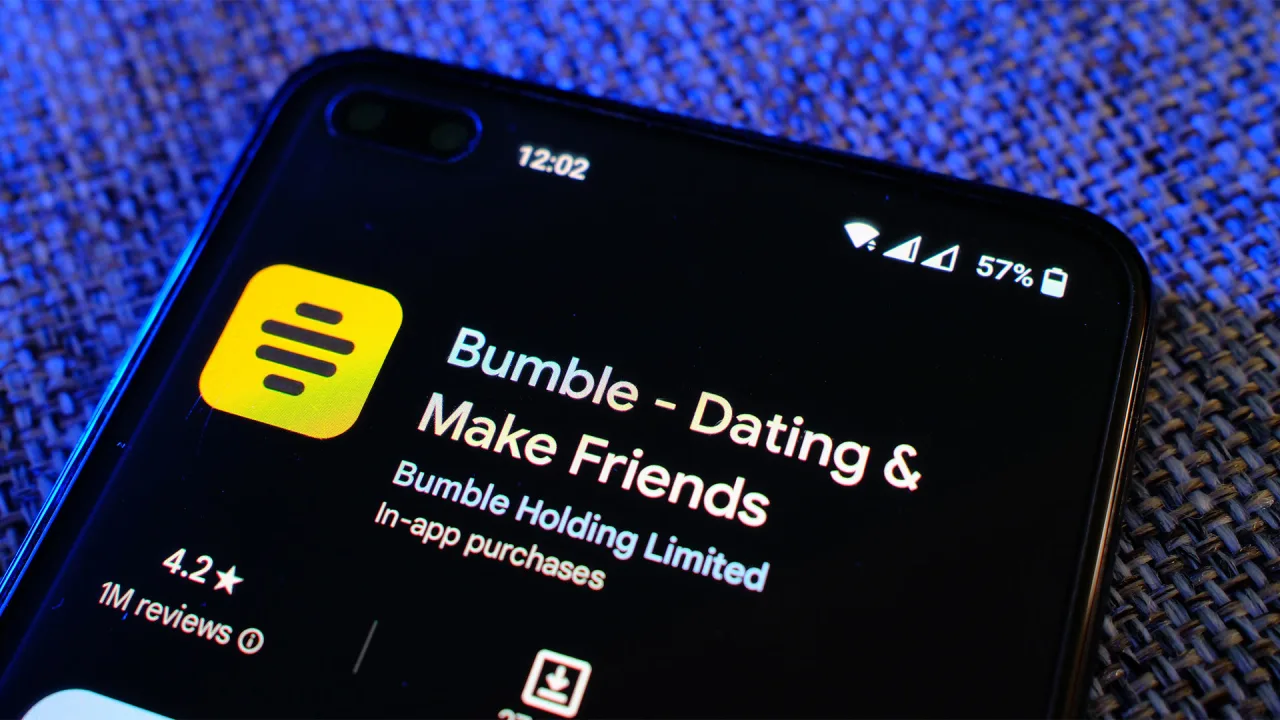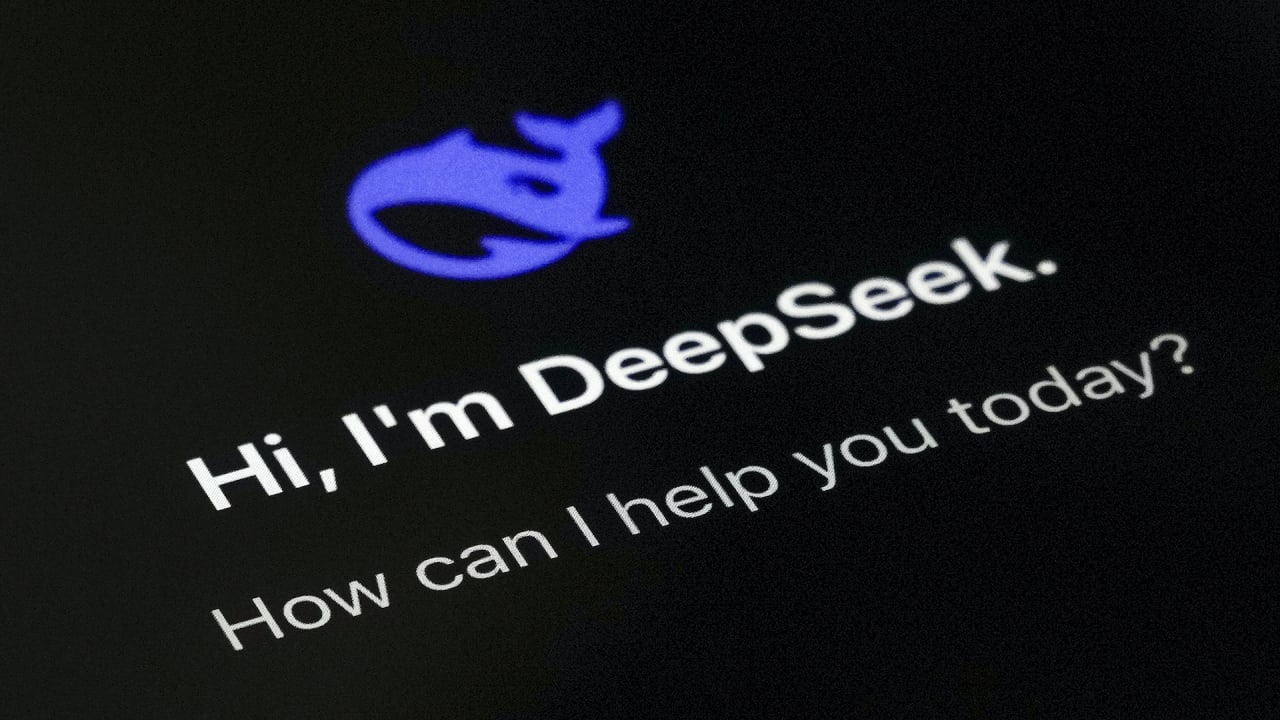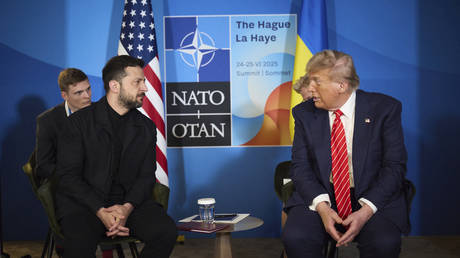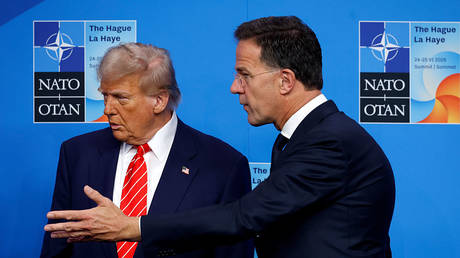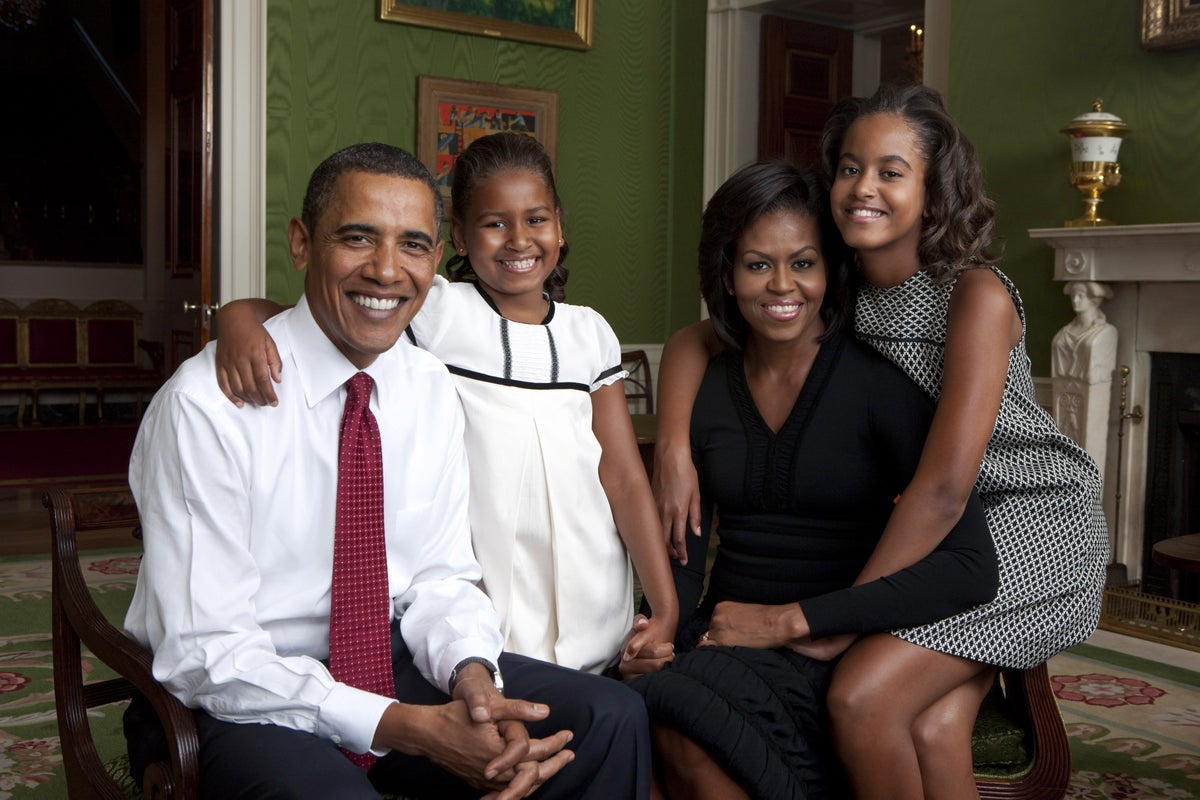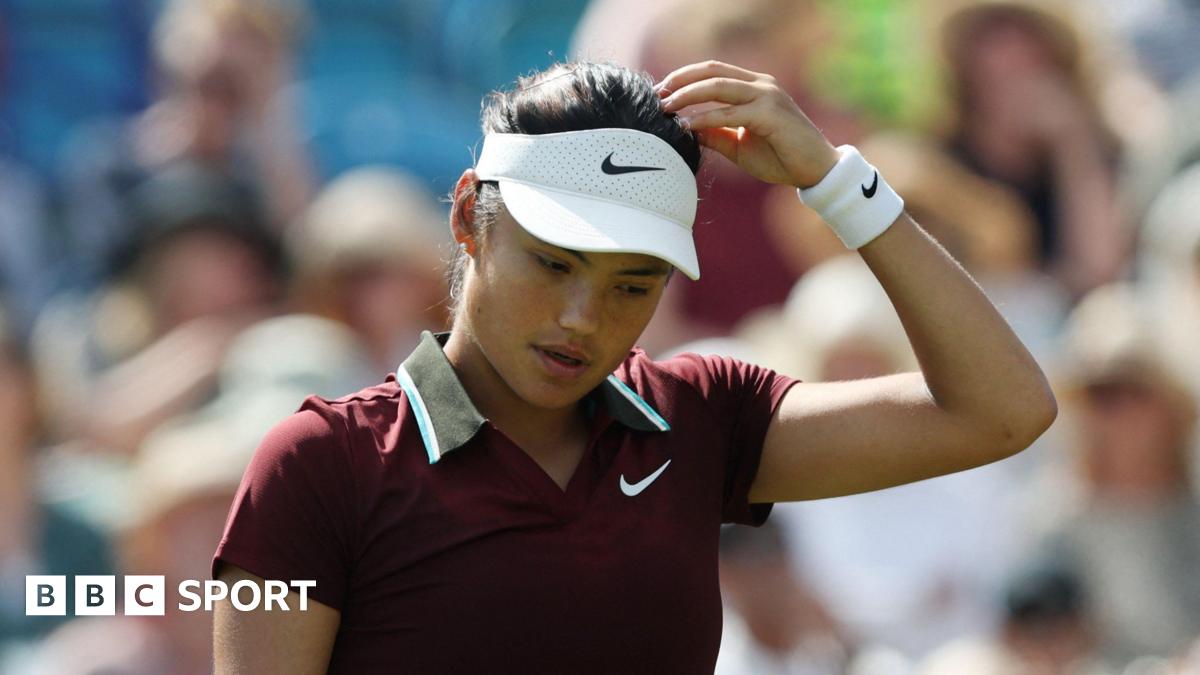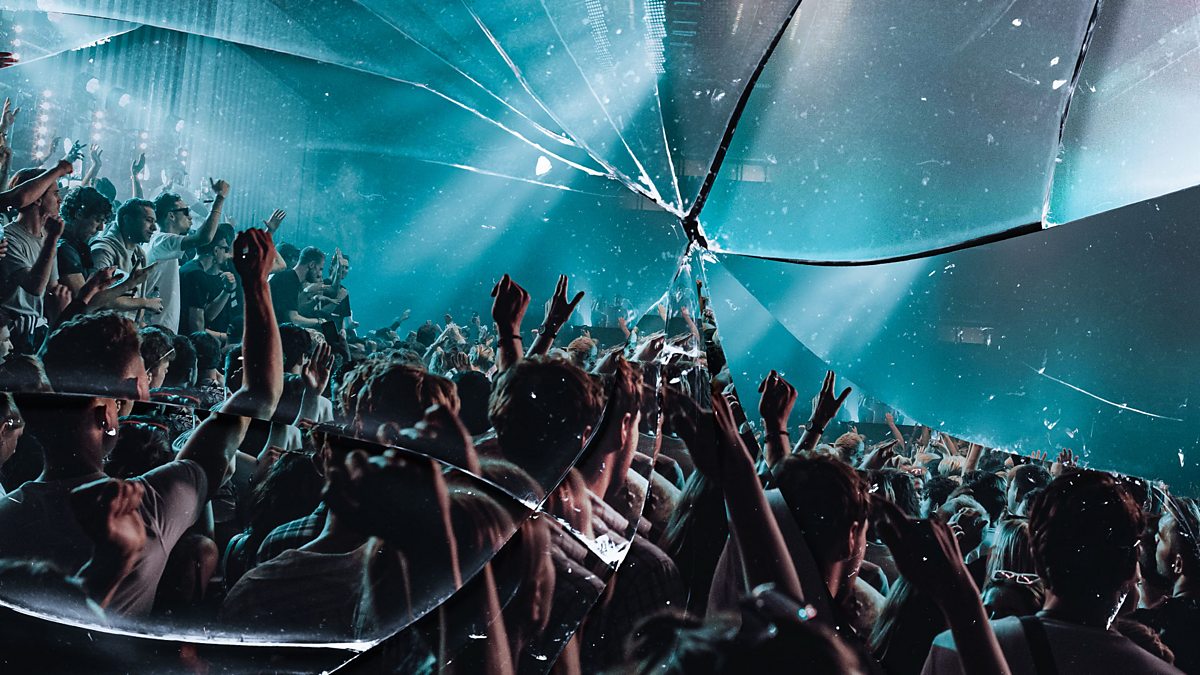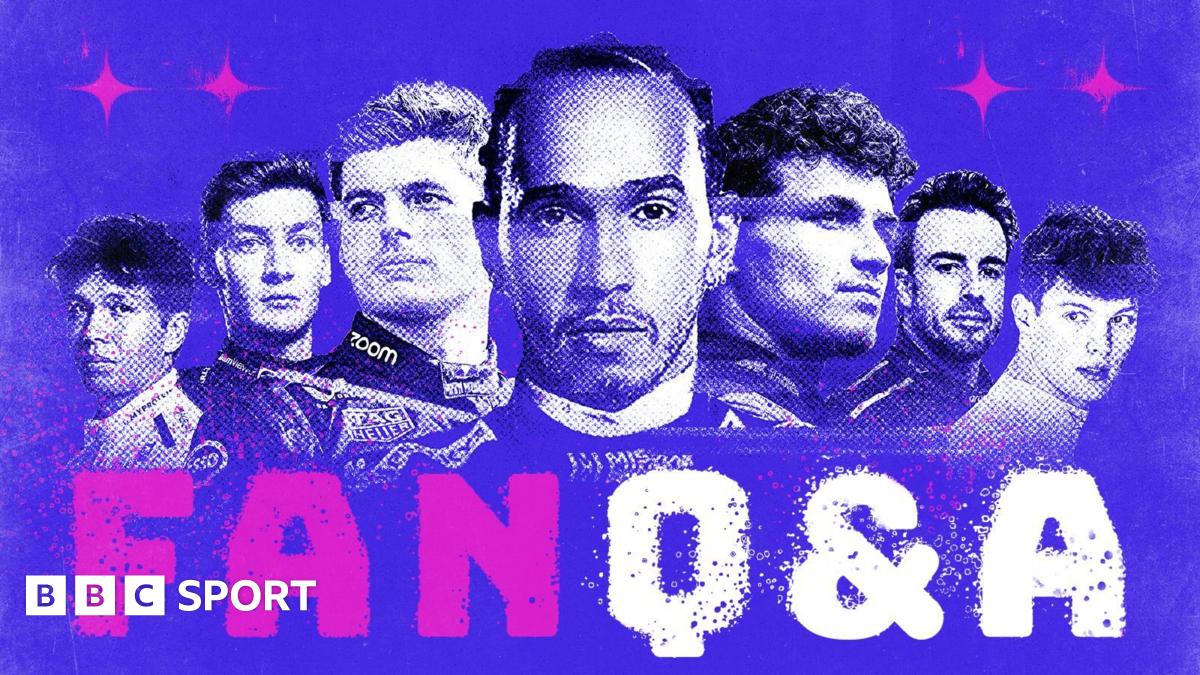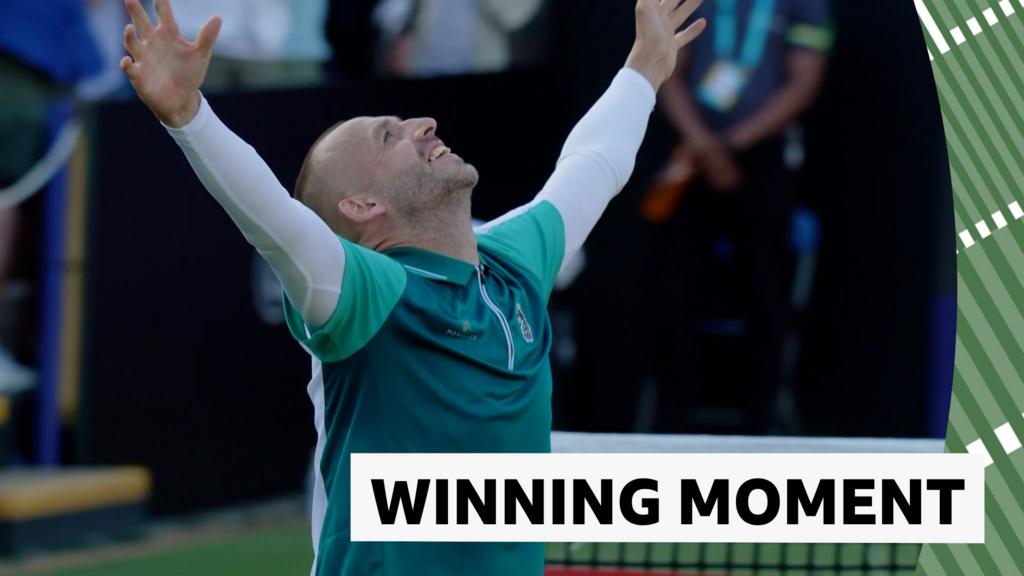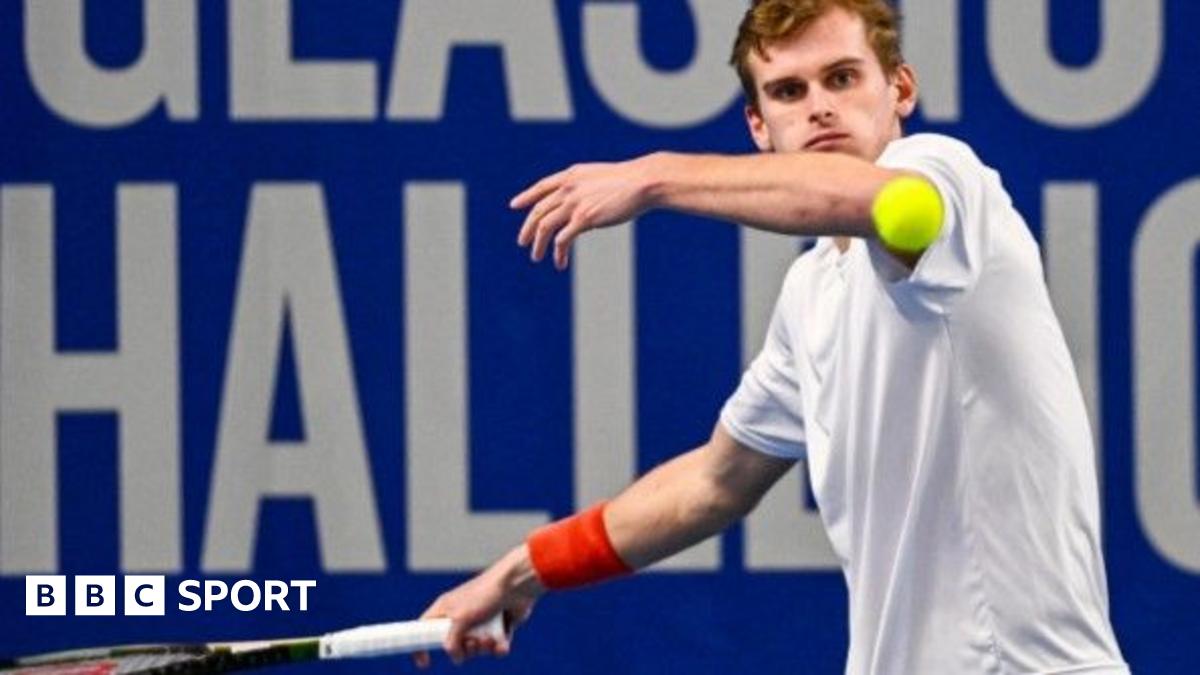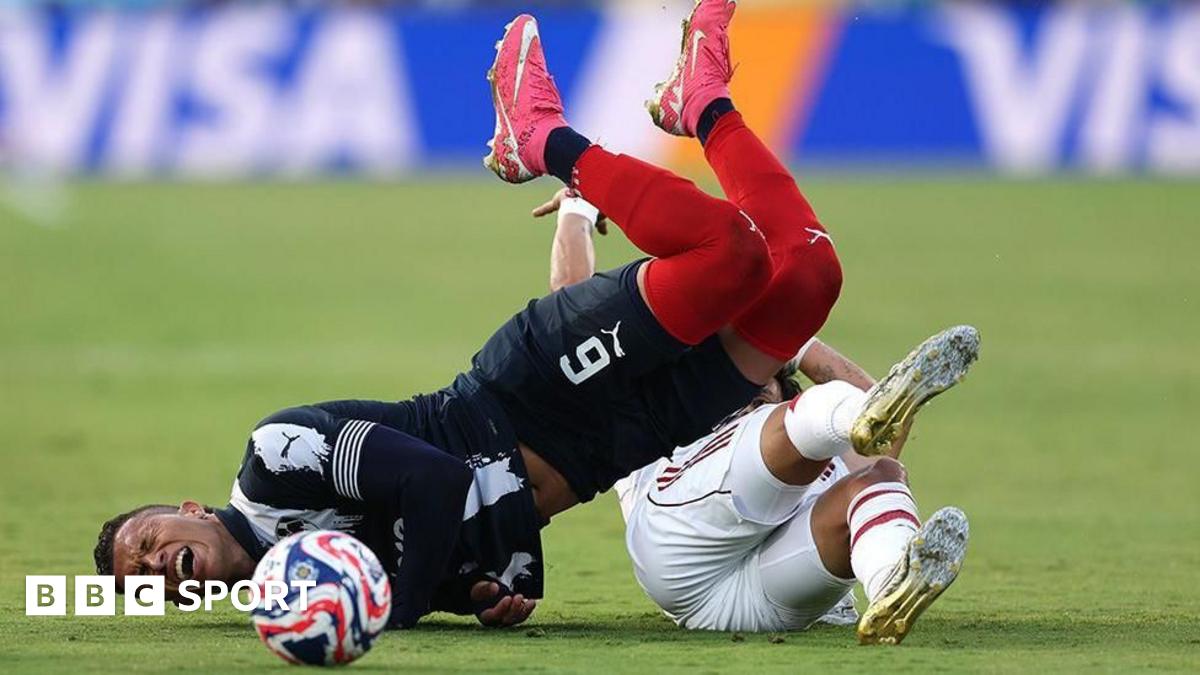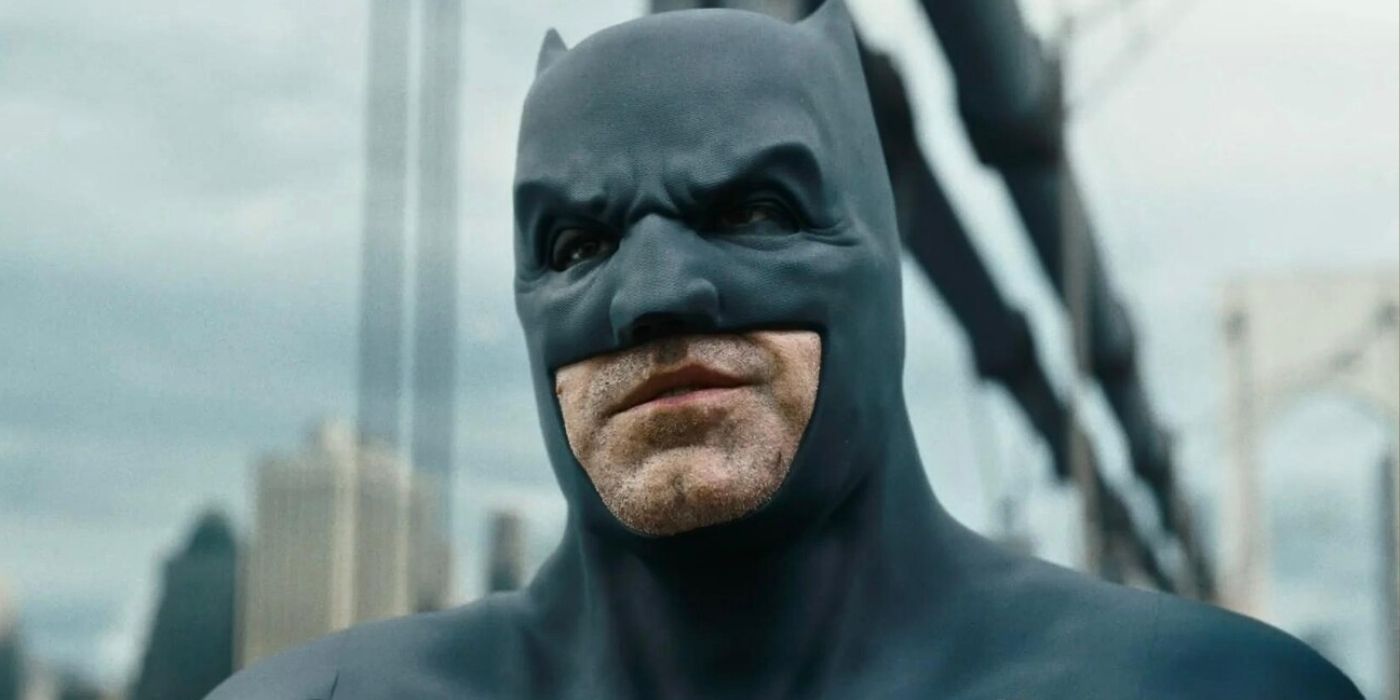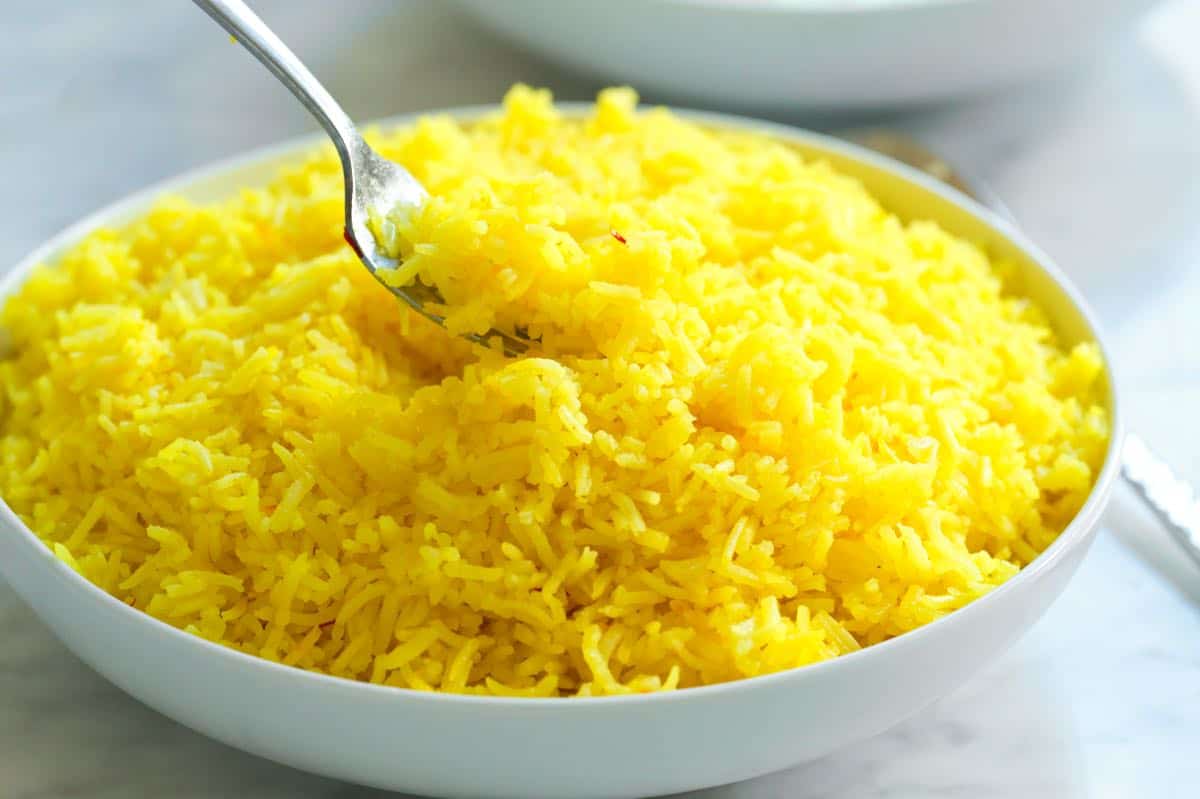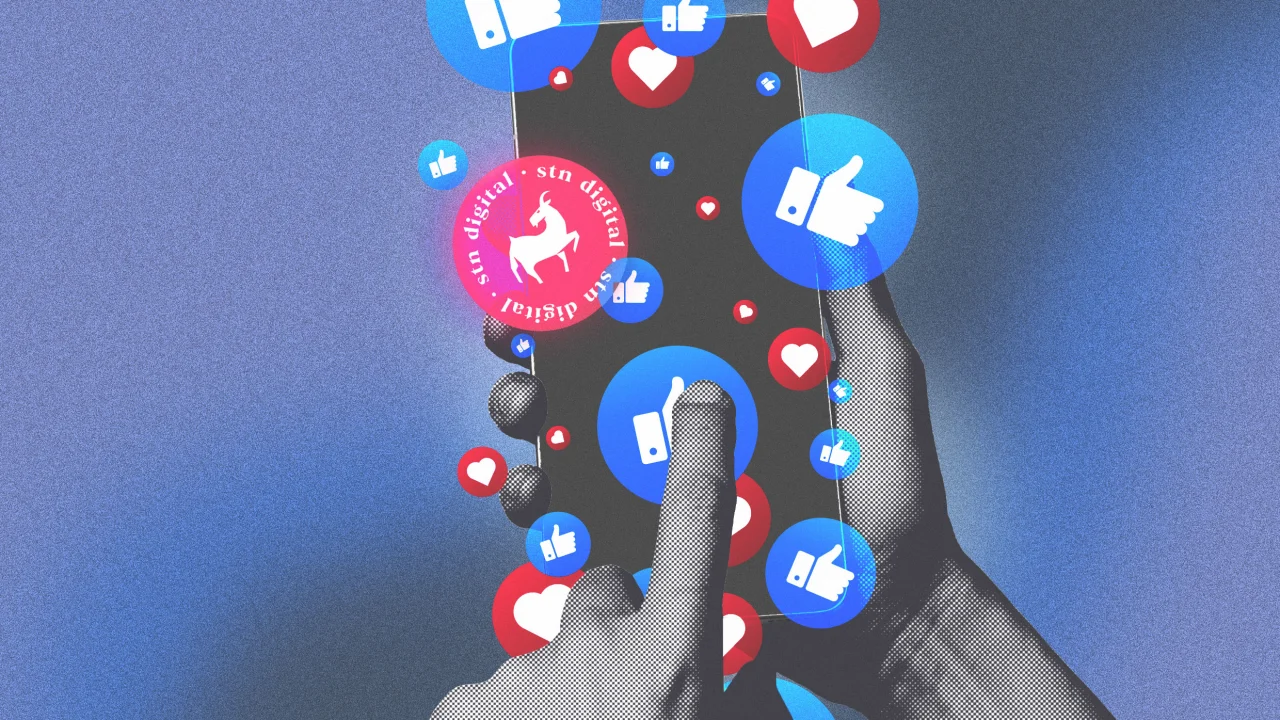Google’s ex-Head of AI becomes CEO of Owl AI, a sports judging company perfected at the X Games

After experimenting with AI judges at the Winter X Games six months ago, Jeremy Bloom, CEO of the X Games, is launching an entirely new company based around the technology, and has pulled in some top-tier talent to lead it.
Owl AI, an AI platform designed to judge and referee sporting events, is officially launching following an $11 million seed funding round, led by S32, with additional participation from Menlo Ventures and Susa Ventures. Josh Gwyther, the former Head of AI at Google Cloud, will be the new company’s CEO, leaving Google after nearly a decade.
Bloom, who is Owl AI’s executive chairman and a former Olympic skier and NFL player, says that the company’s creation was, in a word, “accidental,” as it was originally a sort of experiment between the X Games and Google cofounder Sergey Brin, who tasked Google AI engineers with developing AI judges for snowboarding competitions. That was enough to garner a whole lot of attention from athletes and sports leagues alike, and now that the technology has proven itself, the potential applications are far-reaching.
“When I initially reached out to Sergey,” Bloom says, “this idea had been on my mind since I was a competitor a couple of decades ago. Sergey was excited about it, too, and introduced me to Josh.” They created the initial model in six weeks and deployed it at the Winter X Games in January. Now, with five more months to marinate, it’ll be used again at the Summer X Games in Salt Lake City this weekend.
“I’ve been focused on generative AI for the last four and a half years,” says Gwyther, and Owl AI “blends two things that I love: sports and AI. So, making the move was a no-brainer. It was an easy decision to make.”
Owl AI’s initial purpose was to judge athletes and assign them scores, removing the potential for bias or corruption that may exist with human judges. But there’s more to it than that, as it can be used as a referee or judge, it can also score and coach individual athletes, and can also be used as a color commentator in nearly any language.
“Our macro goal is to make sure human error never decides the outcome of a game, competition, or sporting event ever again,” says Bloom. “These moments are hard for fans, devastating for athletes, and have monumental impacts for leagues.” He notes some examples from the NFL, such as the notorious “Fail Mary,” or an instance in which a blown call cost the New Orleans Saints a potential berth in the Super Bowl.
While Owl AI is not necessarily designed to replace human judges or referees, it can help them do their jobs, and hopefully, make better decisions on the field, the mountain, or on the baseball diamond.
As such, other leagues are already talking to the company about potential partnerships. “We have five or six ongoing conversations with pro leagues,” says Bloom. While nothing is official, both Bloom and Gwyther are excited about the future of the company, especially given how far the technology has advanced in a short period of time.
“What we did in Aspen was only five months ago. What we’re doing in Salt Lake City couldn’t have been done at that time,” Bloom says, regarding how the AI tech has evolved with remarkable speed.
“I’m excited.”
What's Your Reaction?
 Like
0
Like
0
 Dislike
0
Dislike
0
 Love
0
Love
0
 Funny
0
Funny
0
 Angry
0
Angry
0
 Sad
0
Sad
0
 Wow
0
Wow
0


